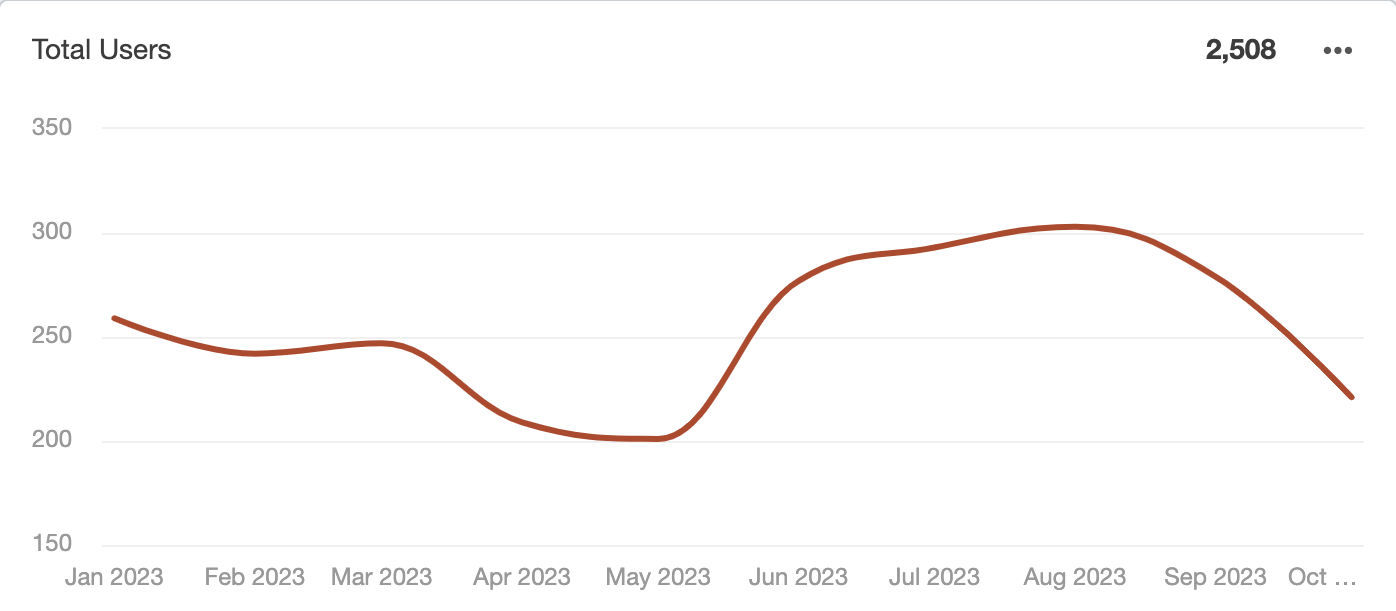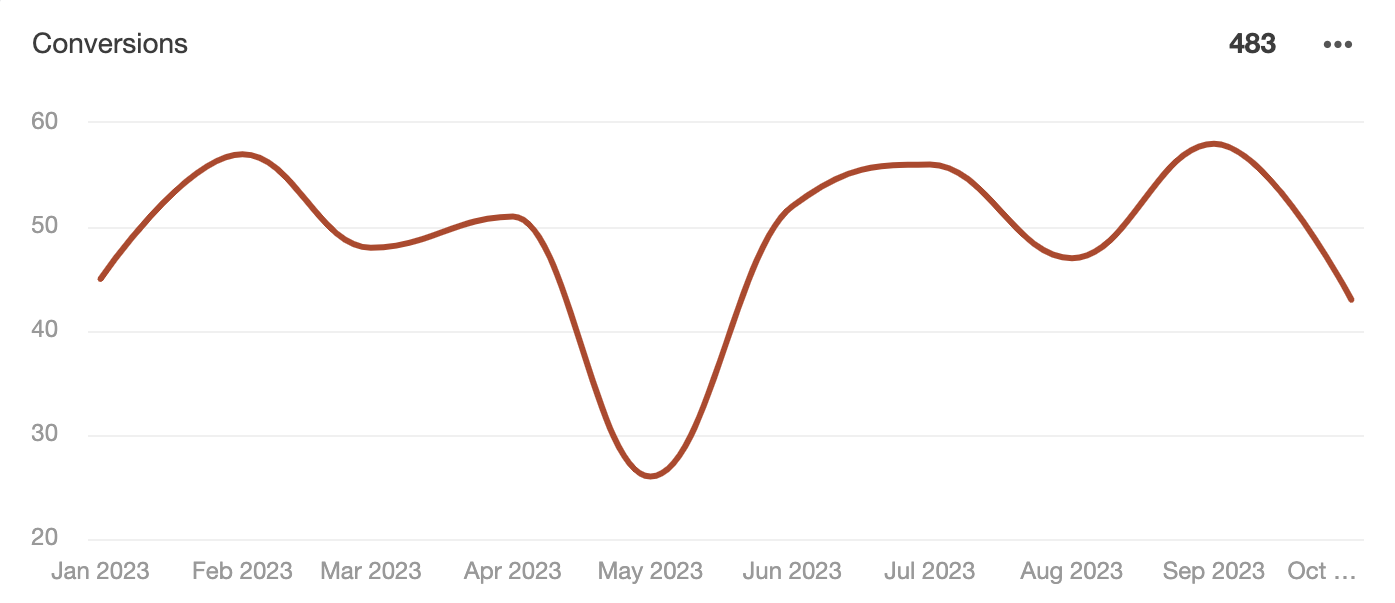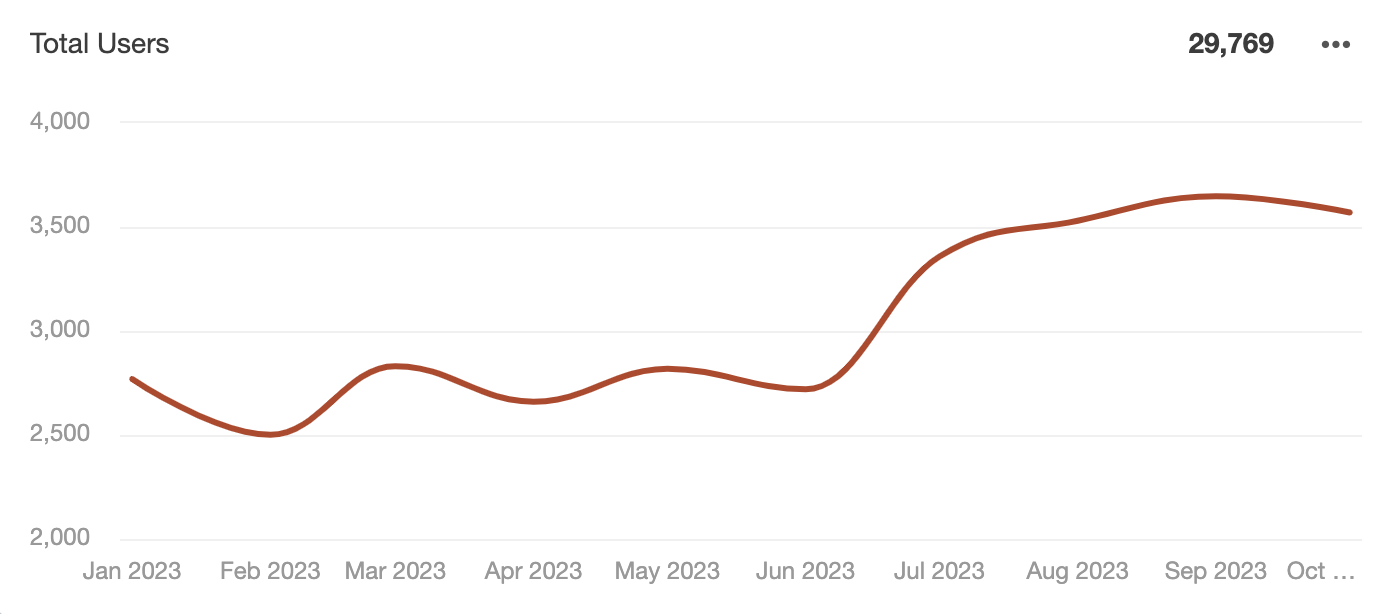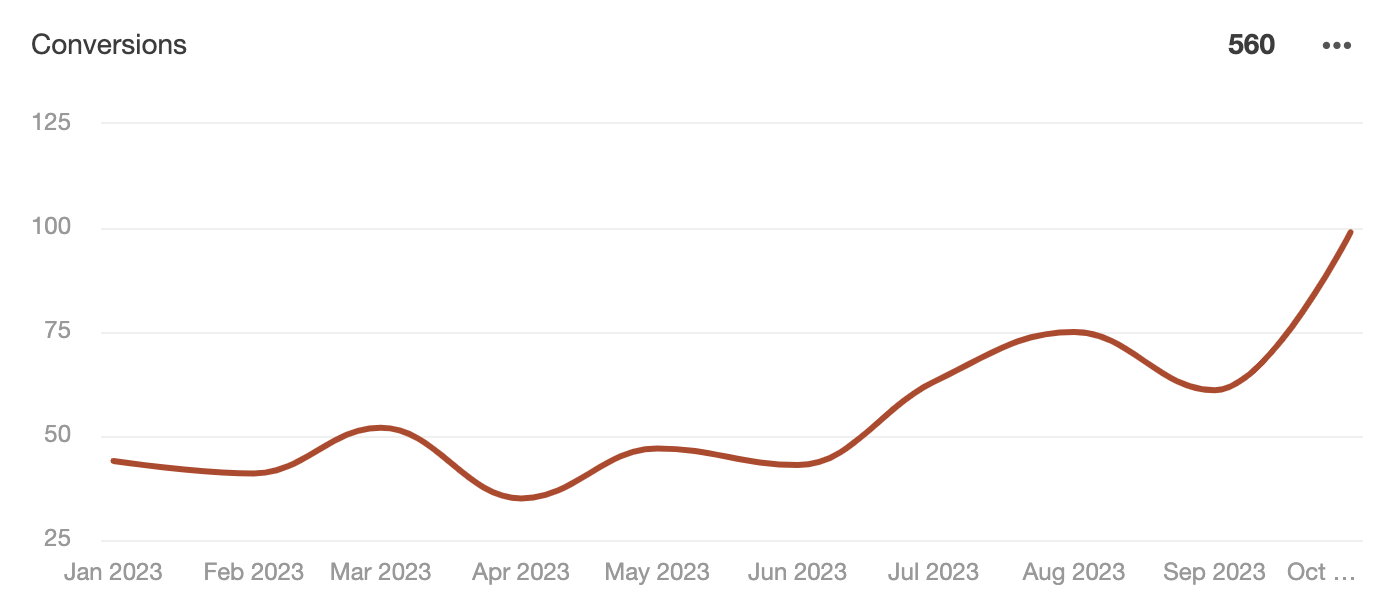Menu
October 15th, 2023
Which approach is most effective: paid search advertising or organic search engine optimization (SEO)?
This is almost certainly the most common question we get from law firms looking for our help with their online marketing. People broach the topic with a handful of questions—
- Is pay-per-click or search engine optimization better?
- Doesn’t everyone just skip the advertisements to get to the real results?
- Why would I pay for advertising when organic is free?
- What are the pros and cons of pay-per-click versus SEO?
—but it all comes back to the same fundamental concern: Which will get me the most bang for the fewest bucks?
We respect where this question is coming from. The Modern Firm itself started out small, and has always worked almost exclusively with small law firms. We are extremely attentive to modest budgets and pride ourselves on always advocating for the wisest application of marketing dollars.
The good news in the “PPC vs. SEO” debate: It all works!
The better news: Handled correctly, it works astoundingly well.
Quick Definitions
Pay-Per-Click Search Advertising is often called “PPC” or referred to as “Google Ads” since Google is the most commonly used paid search platform. PPC ads appear on the search engine results page above organic results and throughout their ad networks. They appear when the user’s search matches keywords and other criteria that you’ve specified within your campaign settings, such as location or demographics. Since this is “pay per click”, you are only charged if someone sees your ad and clicks on it. That means that users who see your firm’s name after searching for legal help that do not click will still bring law firm awareness and visibility without dinging your budget.
Local Services Ads, also referred to as “LSA”, are another paid option available through Google. The ads typically appear just below the search bar, and above PPC ads and organic results. Their display is determined by “job categories” such as: personal injury lawyer, family lawyer, and business lawyer; and you pay per lead, rather than per click. That means you are only charged when someone completes a call to your law office or sends your office a message, should you have that feature turned on. As with PPC, the simple display of these advertisements can increase your law firm’s brand awareness without costing anything additional for those impressions.
Search Engine Optimization is usually called “SEO” or “organic search marketing” because it focuses on improving your position in the non-paid portion of search engine results. SEO focuses on building your website’s authority by offering educational and informational content to site visitors, building links, and creating business directory citations for your office locations. Search optimization also includes local marketing, which focuses on online reviews and other actions that will increase your firm’s visibility in local map-based search results and local business review websites.
Which is Better: Pay-Per-Click or Search Engine Optimization?
Every law firm, especially those in consumer-based practices, can benefit greatly from online marketing in one form or another. Most get the best results by wisely balancing their SEO and PPC investments and using the data from each to improve the other. Our clients regularly see a significant return on their investment when having both search marketing campaigns running at the same time. But the answer as to what mix of strategies is most appropriate for each individual law firm depends strongly on a few factors: timing, visibility, and budget.
Timing
The first factor to consider is timing: How quickly do you need to see results? How prepared are you to handle an influx of potential clients?
One benefit of paid advertising is that you often see results much more quickly. When the ad campaign launches, the ads appear instantly after exiting Google’s learning queue, and an increase in calls and web form submissions quickly follows. For practices that do not bill on a contingency basis, it’s common for our clients who use Google Ads to experience positive net cash flow within the first or second month after campaigns launch.
Improving a website’s organic rankings with SEO takes longer. A search engine’s own reputation hinges on showing reliably good results, so it takes time to prove to search engines that your law firm’s website is a useful authority for a particular practice area or subject matter. SEO campaign success is measured over months, and depending on local market conditions, perhaps longer. Measurable improvements to traffic and visibility often appear after six months, with lead acquisition following that trend.
If a law firm wants clients right away, we would steer them toward a greater investment in PPC advertising. If they prefer more gradual growth with sustainable lead generation for years to come, and want to position themselves as a thought leader through educational content, then SEO can be a better solution.
Visibility
The second factor is visibility. Do you want your firm to be the first thing someone sees when looking for a lawyer in your area? Paid advertising through Local Services Ads or PPC are many times the only way to get there in competitive markets. On desktop or laptop computers, half or more of the first search results page is advertising. On mobile, the first one to two full screens of information are advertisements.
Even though paid ads dominate the top of search results, all is not lost for firms looking to improve their standing solely using organic SEO. Ads are geared specifically toward searchers with very clear intention of hiring someone, like someone searching for “Michigan estate tax attorney near me”. Organic search results can accomplish this, but will much more frequently be the first results shown when someone is doing a more clearly informational search, like “Michigan cottage transfer tax avoidance.” Both are great, because people online may be in different stages of their journey and when they are ready to hire, your firm will be remembered for the valuable information you provided them.
Budget
There is no way around it: Google Ads can be quite costly, especially for small firms servicing big cities. And, if you’ve been following the latest trial against Google, you may be aware that there are unexpected cost increases on a regular basis. This means that over time, PPC expense can grow if you want to sustain the same level of lead acquisition over time.
As of this writing, a single click can cost between $10 and $20 for law-specific keywords. However, that’s just the average—in some practice areas and regions, that number can jump significantly. For example, keywords focused on DUI attorney terms in Seattle cost $90 per click, and car accident lawyer terms in San Diego over $125 per click. This means you’d want to have an estimated monthly budget of 10x that amount to generate enough leads to retain a client or two.
SEO on the other hand, can have a significantly less expensive monthly fee. You are paying primarily for a specialist to dedicate resources to research, planning, implementation, maintenance, copywriting, and other elements of optimization that are required to accomplish your goals. Additionally, this monthly service is focused on building your brand beyond the limitations faced with paid advertising. It increases awareness, establishes you and your firm as industry leaders, and it generates new business along the way.
Not only does SEO lift the burden of having to wear yet another hat as a business owner, it offers peace of mind that you’re staying up-to-date with the ever-changing landscape of online marketing while continuously reaching your ideal clients.
Doesn’t Everyone Just Skip the Advertisements to Get to the Real Results?
A common concern with pay-per-click and local services ads is that they go ignored. Users skip the ads and go straight to the organic listings because they are more trustworthy—right?
While this is, and has historically been, true, we’ve seen that the conversion rate for Google Ads is significantly higher than traffic coming from other sources. Not only do search advertisements look similar to organic results, they are more integrated on the page with Google’s continuous scroll update. However, it still remains true that organic search results get more clicks than PPC ads in general.
But remember these two facts:
- You only pay if your ad is clicked; it doesn’t cost you anything for your firm’s name to be the first thing someone sees when searching for help with a legal problem.
- People who click on the ad are more likely to become clients than people who click on the organic search results.
Why Would I Pay for Advertising When Organic Results Are Free?
The truth is that nothing is free: Either you pay for placement at the top of the page via PPC ads, or you pay for SEO labor by hiring someone and investing in exceptional content to earn your website top ranking among the organic search returns for your desired keywords.
There Are Many Benefits to Investing In Paid Advertising
- They generate traffic and leads almost immediately after launch.
- Ads only show up for transactional search keywords and queries you want.
- Targeting can be set to specific regions and demographics that match your practice.
- They boost brand awareness regardless of whether someone clicks on your paid placement or not.
At The Modern Firm, we focus on setting proper expectations for every PPC campaign so that our clients set a budget that yields results, target keywords that are most likely to convert to clients, and have the internal processes in place to handle the calls those clicks generate.
Paid Advertising is Highly Targeted and Customizable at Any Time
Pay-per-click and Local Services Ads advertising can be extremely granular with their targeting options. In short, the campaign can be configured to focus on all of the variables that are most likely to bring in qualified potential leads at a time of day and week when you are most able to talk with them and convert them into a client.
A firm can focus an advertising campaign on words or job type that should trigger their ads, terms they never want to trigger their ads (e.g., “free,” “pro bono,” or “cheap”), geographic region, time of day, day of week, searcher’s age and demographics, the type of device the searcher is using, and more. Campaigns can also be turned on and off at a moment’s notice if, for instance, you’re on vacation and don’t want to field calls.
You Have The Ability To Exclude Practice Areas and Locations You Don’t Want to Serve
With PPC advertising, a law firm can specify exactly which geographic areas to target and which to exclude. A campaign can cover an entire state, region or country, or it can be tightly focused at the neighborhood level, regardless of whether those places are explicitly discussed on your website.
For instance, in the example below, the campaign focuses on the area northeast of Washington, D.C., while excluding less desirable neighborhoods and the neighboring state of Virginia. The ability to set parameters for both geography and topic isn’t possible with SEO; it’s currently something you can only manage with PPC advertising.
If PPC Works so Well, is SEO Worth the Investment?
The answer is yes! Our clients that invest in SEO will tell you that over time the investment more than pays for itself. This is because the investment is durable: your cost-per-visitor may start out high, but gradually decreases as traffic to the website increases. As we’ve shared, it takes a sustained effort to build authority and to show search engines that you are an authority figure, but once you do, your visibility and lead generating potential only gets better with time.
The Benefits of SEO and Ongoing Website Content Creation
- SEO is a cost-effective online marketing option to generate law firm leads.
- Search engine optimization increases your law firm visibility across the web, not just on Google.
- Valuable and well-written content each month guides search engines to actively learn about your services and how to match potential clients with your firm.
- SEO builds trust with potential clients at different stages of their buyer journey, which increases the likelihood of them hiring you for services when they are ready.
At The Modern Firm, we focus on research, planning, and routine auditing to ensure your plan is in keeping with your firm's goals and the ever changing landscape of search marketing. We implement keyword and content strategies that are most likely to convert to clients. Beyond this, we really partner with our clients to listen to feedback and how things feel in-house!
Search Engine Optimization Has Limitless Opportunity
It’s true that SEO has no borders. If you write on a niche topic that has broader interest outside your geographic area, you may get a lot of traffic from outside of your jurisdiction. This may sound like it could be a bad thing, but it happened to one of our clients and it helped her website perform better in local results, aided in traffic going to additional pages on the website, and boosted the firm’s military family law practice inquiries and retained clients.
SEO Increases the Value of Your Law Firm Website
When a law firm promotes its website through organic SEO, they are making a sustained and long-term investment in the improvement of their website as an asset, and thus “own” that traffic. The website itself, through its body of content and demonstrated authority within the search engine, will generate visits from potential clients. There is momentum to SEO-based web traffic. A well-optimized and high-performing website can even become a sellable asset, should the attorneys at the firm retire or sell the practice.
PPC-driven traffic, on the other hand, is all traffic that is paid for on an ongoing basis. If you stop paying for PPC ads, the traffic stops as well. This might not be a problem if the ads are generating worthwhile revenue, but you aren’t building authority or “website equity” in the same way as with SEO.
Learn More About The Various Online Marketing Options
It’s important to remember that both PPC and SEO marketing are highly effective and very profitable ways to promote a law firm online. Although we have learned that the most successful attorneys engage with both organic and paid search marketing, we know that small firms need to start somewhere, and they need a trusted partner to guide them in the right direction.
If you’re ready to increase your law firm’s business, we can help. Please contact us or email sales@themodernfirm.com.
Categories: Question of the Week









